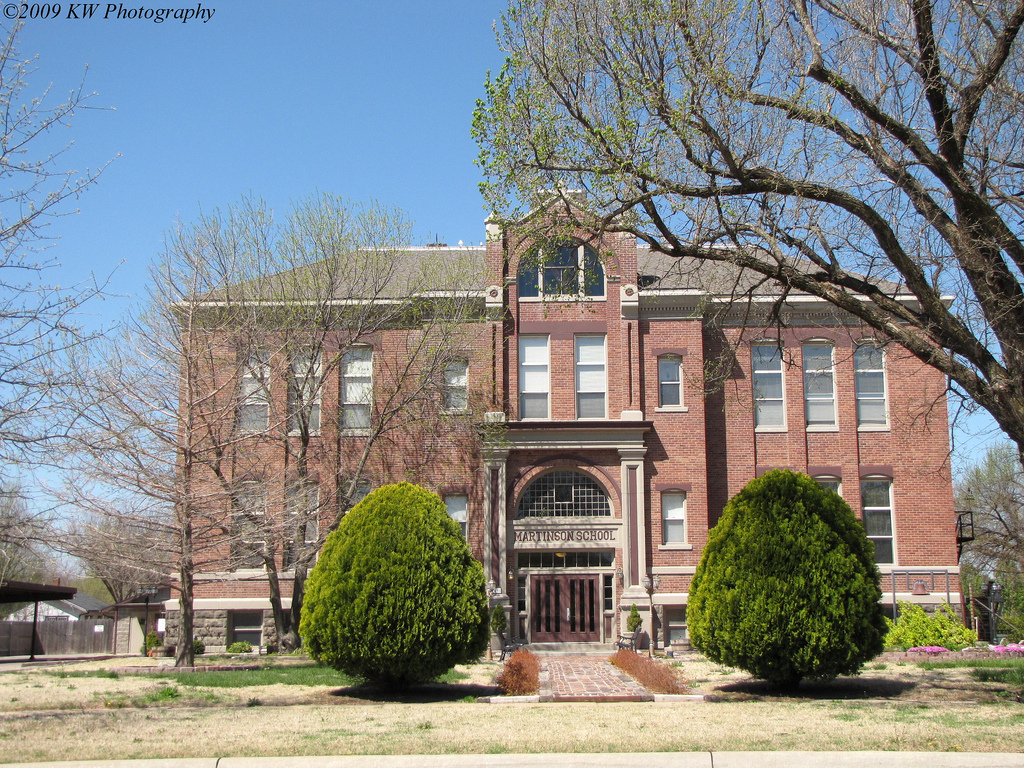The Personal Side of Political
Nothing much happens in Upper Dublin, Pennsylvania. It’s my hometown, a benign stretch of suburb where bored teenagers complain, grow up, and move out. On the outskirts of one of the deadliest cities in America, Upper Dublin feels like a protective bubble of affluence and sameness. Unlike Philadelphia, a city known to be dangerous, there is no danger in my town.
But, as the Sandy Hook Elementary School shooting reminds us, atrocity can affect anyone.
On December 14, while most of us at AU were finishing finals and going home, tragedy unraveled in Newtown, Connecticut. In the wake of Sandy Hook, there was speculation from all sides and the president gave a call to action on the gun crisis and the NRA’s proposed solution of enhanced school security. Upper Dublin’s reaction received less attention, but its skittish reflex mirrored the insecure tenor of the nation.
After hearing news of the shooting, I was deeply upset and my heart went out the victims and their families. But soon, I put the sickening story out of mind. Monday morning propelled Sandy Hook back to my attention.
The Monday following the Sandy Hook Elementary School Shootings, I returned to my summer job as a desk assistant at a local radio station. It was a slow, cold morning, until a reporter called in and said there was a potential armed suspect in Upper Dublin High School. “That’s my high school,” I thought. Quickly followed by: “My brother is in the building.”
As I imagined my brother Jack locked inside the school, I sympathized with everyone impacted by Sandy Hoook. When I told my mother that the high school was in lockdown, that the classrooms were sealed tight and police officers from every county were pouring into a den of frightened students, she wailed. My mom rushed to the school but I was immobile. I could do nothing but shake and wait for Jack to answer my pleading text messages.
He did answer, after twenty endless minutes. He was safe. The fog of panic and SWAT teams cleared. As it turned out, the school had never been in any danger. Officials had spotted an object that looked like a rifle on security cameras and had immediately acted to shut down the perceived threat. After searching student suspects, police officers discovered not a long weapon but a harmless umbrella. The contentious umbrella was part of a science project involving the immune system and though some parents chose to take their children home, classes proceeded.
In a district-wide email, Upper Dublin’s superintendent Michael Pladus insisted that the school’s reaction was unconnected to the events in Newtown. Even so, the hearts and minds of every Upper Dublin student must have been with those effected by Sandy Hook in those twenty uncertain minutes while armed officers flooded the locked-down halls.
Tragedies like the one in Newtown spark responses of all kinds: political, personal, heartfelt, and fearful. The fear and pain in Newtown spilled into my hometown. In my view, the lockdown would not have happened on an ordinary school day. Yet, in the aftermath of the Sandy Hook killings, on-edge officials displayed fierce (and justifiable) caution.
Like Upper Dublin, American University can feel like a secure (if more exciting) bubble. I’m sure Newtown felt just as safe until the day of the attack. We can, and should, talk of ways to make our country safer. Discussions surrounding gun control and mental illness need to take place at national and local levels: like AU. Although it can’t bring back the lives lost, we can take comfort in those willing to face danger head on, just as the Sandy Hook teachers tried to defend their students, and use tragedy as the impetus for conversation.
Photo by kawwsu29 via Flickr












